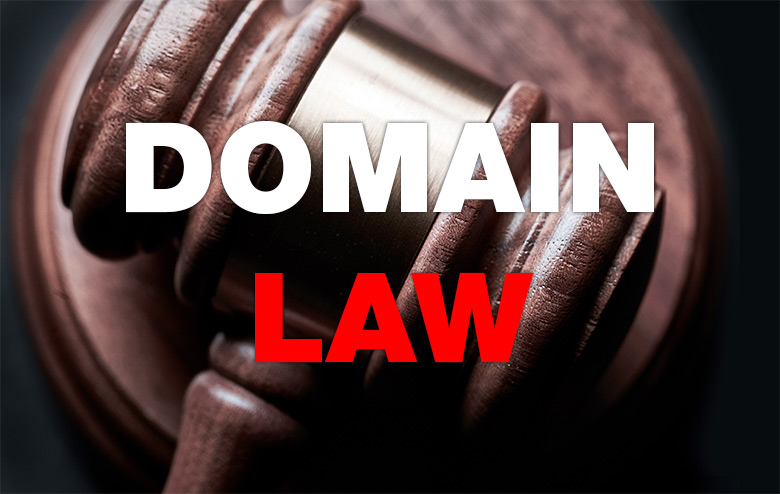At some point, if you sell enough domains, you’re going to encounter a stealth buyer. In fact, at many venues, you may never know who the buyer is until the sale is complete and the name resolves at its new home.
But let’s take a step back and review the negotiation that led to that sale.
Let’s say you picked up a name for $14.99 in a drop 8 years ago. With 8 renewals, you have $100 invested. You have the name listed with a minimum offer of $500, and have a final sale price in mind of $3000.

An offer comes in on a Friday for $500. You counter offer $4,500 dollars, and on the following Monday you receive this note from the buyer: “I can only afford $1,700 bucks, I hope we can come to an agreement.”
On the surface, if you accept, after commission that is a 1500% return. If you could do that for clients, Goldman Sachs would hire you yesterday.
You accept.
After the sale is complete, you see the name is forwarded to a mid size company that you know could afford “more than $1,700 bucks”!
If you’re new to domain investing, you’ll probably be bitter for a week or two. But, if you’re a veteran, you’re probably happy with the return, learned a little about that particular sale, and moved on.
The question here, is not whether you made a mistake, but are such statements made during negotiations legally binding?
The buyer clearly told you they could “only afford $1,700”, but it’s also quite clear, they could afford $10,000 ore more.
We’ll leave this one up to the lawyers. It’s likely you would spend thousands trying to defend your right to a higher sale price in court, and everyone’s idea of affordability is different.
Kudos: Dale G.
Copyright © 2025 DomainGang.com · All Rights Reserved.











